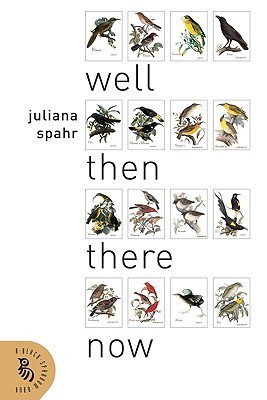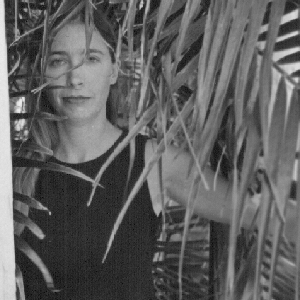
Accretion, articulation, exploration, transformation, naming, sentiment, private and public property these are just a few of Juliana Spahr's interests. In this, her third collection of poetry, we find her performing her characteristic magic, turning these theoretical concerns into a poetic odyssey. From her first poem, written in Honolulu, Hawaii, to the last, written in Berkeley, California, about her childhood in Appalachia, Spahr takes us on a wild patchwork journey backwards and forwards in time and space, tracking change in ecology, society, economies, herself. Through a collage of ''found language'' a deep curiosity about place, and a restless intelligence, Spahr demonstrates the vibrant possibilities of an investigatory poetics. This verse is more inclusive than exclusive; consistently Spahr includes grape varietals, the shrinking of public beachfront in Hawaii, endangered plant, fish, and wildlife species, the melting of the polar ice caps, and comparative poverty rates in her eclectic repertoire. She also knows how to sing in the oldest tradition of poetry of loss, and her lament for nature is the most keen.
Author

Juliana Spahr (born 1969) is an American poet, critic, and editor. She is the recipient of the 2009 Hardison Poetry Prize awarded by the Folger Shakespeare Library to honor a U.S. poet whose art and teaching demonstrate great imagination and daring. Both Spahr's critical and scholarly studies, i.e., Everybody’s Autonomy: Connective Reading and Collective Identity (2001), and her poetry have shown Spahr's commitment to fostering a "value of reading" as a communal, democratic, open process. Her work therefore "distinguishes itself because she writes poems for which her critical work calls." In addition to teaching and writing poetry, Spahr is also an active editor. Spahr received the National Poetry Series Award for her first collection of poetry, Response (1996). (from Wikipedia)